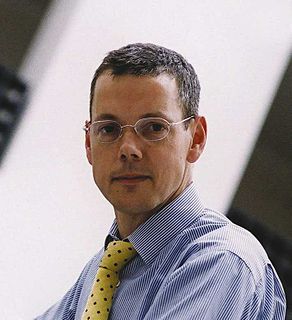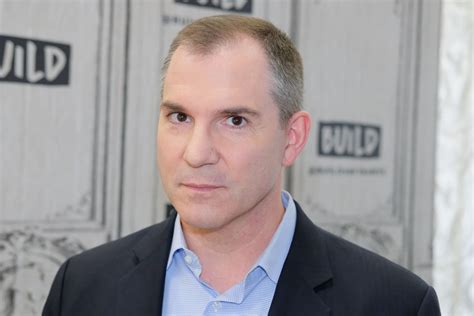A Quote by Michala Petri
Denmark is, of course is very much like Germany: in terms of culture, the same kind of thinking, etc.
Related Quotes
We may think that justice is everyone being equal, having the same rights, sharing the same kind of advantages, but maybe we have not had the chance to look at the nature of justice in terms of no-self. That kind of justice is based on the idea of self, but it may be very interesting to explore justice in terms of no-self.
One culture I find fascinating to juxtapose against American culture is the culture of Germany. They've gone through a long process through their art, poetry, public discourse, their politics, of owning the fact of their complicity in what happened in World War II. It's still a topic of everyday conversation in Germany.
In Germany there's something about rock music much more political than it really is - like everything you were doing was an indictment of the American culture. I read an interview with one of the members of Sebadoh. He was saying he had just got back from touring Germany for the first time in five years or whatever, and one of the interviewers asked him, "Why aren't you still relevant?"
So, you want to be like Christ? Me too. But that kind of godliness won't just happen by hanging around a church or thinking lofty thoughts three or four times a day or learning a few verses of Scripture. It will take more - much more. Disciplining ourselves will require the same kind of focused thinking and living that our Master modeled during His brief life on earth.
"Oppression" or "systems of oppression" operate as a shorthand terms in much writing and speaking so that we do not have to list all these systems of meaning and control each time (i.e. racism, ableism, xenophobia, etc.). I needed a term like that, but "oppression" implies a kind of top-down understanding of power that is at odds with the Foucaultian model I rely on in my work.
In terms of the rise of social media and the kind of discourse that it encourages, the kind of pointed attitude it encourages, in terms of the number of venues like our conversation here where reporters who are not technically opinion columnists are giving analysis that's invariably gonna edge into opinion. I think our journalism is getting much more almost European in terms of that, that ideal of objectivity exiting it.
L.A. has a lot of tackiness to it, but at the same time, in that funny kind of fantasy pretentiousness, it's unpretentious because it's all here. It's what you make of it. It's a land of opportunity in a lot of ways. It's a great for an immigrant because it is what you make of it, and especially artists as workers in this culture, it offers so much, in terms of variety, of diversity. For years, the alleys of Los Angeles were my art store.



































